I wanted to become a writer. Did I need to study creative writing?
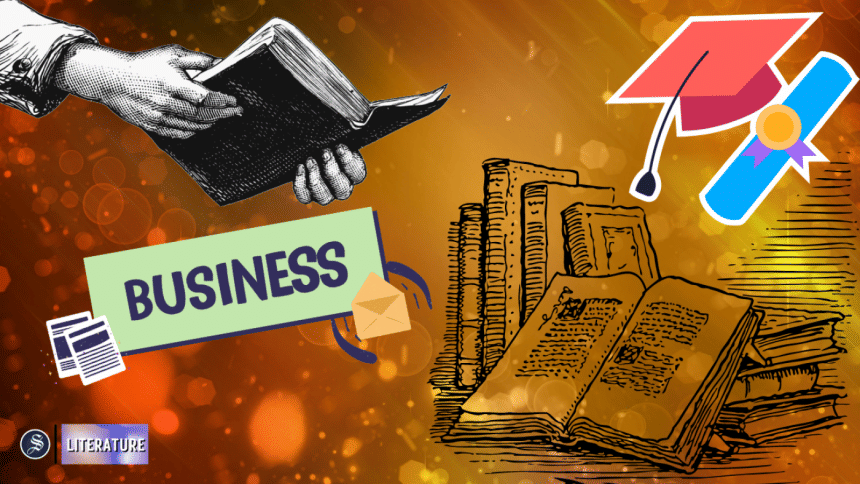
I am an English major, but when I joined a corporate office as a Business Development Executive in 2016, MBA felt like the right step towards a career I thought I would excel in. I abandoned my passion for literature to enter the world of marketing and finance.
The two years that I invested into studying business was a constant reminder of how much I hated it. I successfully pretended I enjoyed it, whereas what I really wanted desperately was to play with words, and business assignments had no place in such ambitions. It demanded real answers to real problems, no place for emotions to reside. Two years later, I joined a local NGO who hired me for my writing skills instead of my business knowledge. As the NGO focuses on neurodevelopmental disabilities, and mental health at a policy level, again, creativity was not the highlight of the content I developed.
I do not remember taking a long break from work or studies since I graduated. And then, as though the universe was conspiring to give me one, my MBA finals and my maternity leave happened simultaneously, right before the Coronavirus decided to pay Bangladesh a visit. Of course, my maternity leave did not feel like a break. I felt I was employed by my daughter to do her chores. I was losing myself gradually, and that is when I decided to seek out freelance writing.
I was watching a TV series back then, Jane the Virgin, the weird story of an aspiring writer. I knew immediately I missed typing words that had imagination. I missed writing my heart out. I thought freelance writing was that opportunity. And when I actually started getting assignments, I don't recall enjoying any of them because that kind of work demanded a typical and mechanical approach. Some people even told me my English was not good when I pitched ideas at work, they said I did not know how to write, and I realised that it was my fault. After all, how creative could you get while describing a hair dryer? I even got my pay cut because my work had not been 'up to the mark'. I lost interest in almost everything, especially in my self-confidence. Consequently, the criticisms pushed me into my own black hole.
My husband kept asking me about why I had stopped writing. I read so many novels, he kept stating, the least I could do was write book reviews and publish online for free. I tried that too, but the platform I applied to wasn't too excited to promote them, but I am still grateful that they published it.
While my maternity leave was coming to a close, one fine day an epiphany struck me. I asked my husband whether I should pursue another Master's in Literature, preferably in Creative Writing. I knew this sounded crazy in my head, with a baby in my arms and with no one around to help.
Part of me wanted him to tell me how difficult it would be to work everything out. On the contrary—I hope I am not being hyperbolic—I saw that his eyes twinkled when he said yes!
I told my father; he couldn't be happier. Not once did they give me a guilt trip as to who would take care of the baby, who was 5 months old then. My supervisor at work was tense, but in the end she assured me that if this was what would help me stay sane, I should go for it.
Finally with a lot of second and third thoughts, I enrolled. While I was doing my desk research, I realised Bangladesh is still not used to creative writing as a discipline. The field is still very much a part of literature. But in many continents across the globe, there is an entire department dedicated to creative writing. After thorough search and research, I took admission for the third time at my alma mater, University of Liberal Arts Bangladesh, as it is the only university in Bangladesh till now to offer creative writing as a master's track in literature.
Due to the pandemic, my classes until my last semester were conducted online. Arriving at the end of my maternity leave, joining the office, studying full time, taking care of the baby—altogether it seemed so complex, but on the positive side, I got to stay home and study. A cherry on top for me, considering all the predicaments.
As part of my dissertation, I chose to write a novelette based on my personal experiences. I felt this was my first step to becoming an aspiring writer. It made me go through a process that stressed me out in multiple ways. I was writing about myself, keeping in mind that the narrative would be aligned with the techniques I had learned over the year. One of my professors told us how it was imperative to know the rules in order to break them. It was an impressive thought, yet this became a challenge to keep up with.
Once I knew the rules, creativity that was once smooth, ceased to be flawless anymore. I realised proofreading takes up the same amount of time as writing the original draft. More knowledge became more of a barrier for my creative juices to flow.
Yet it was a pathway to discovering a self in unanticipated ways, for instance, I found that I enjoy reading fiction, and on the other hand I seem to excel more in writing nonfiction, drama, and poetry. This came as a shock to me.
Now I write poetry for pleasure. It has boosted my morale and inspired me to start thinking about writing the book I always wanted to write.
It is not necessary to have an academic degree to write creatively; it is a gift which requires passion and patience. But having an academic understanding adds value and nurtures our knowledge to a higher degree. It lets us explore and brainstorm ideas, get opinions from classmates and feedback from teachers. The academic approach, I have found, makes the creative process more organised and reflective. After all, learning never ends.
Salwah Chowdhury works at an NGO by day and works for her toddler at night. In between, she is trying to be the writer she always wanted to be. Reach her at [email protected] or @salwah_chowdhury for book recommendations.

 For all latest news, follow The Daily Star's Google News channel.
For all latest news, follow The Daily Star's Google News channel. 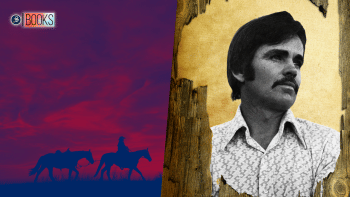

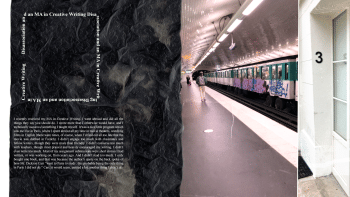



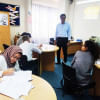
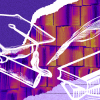




Comments